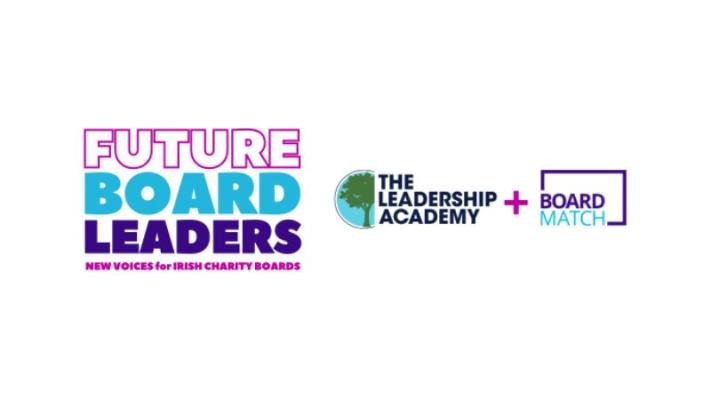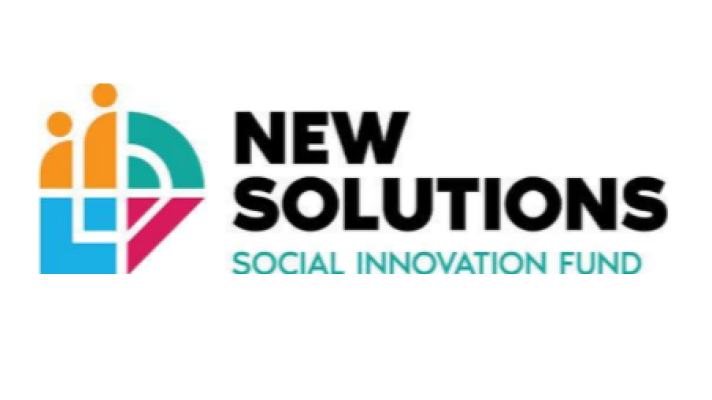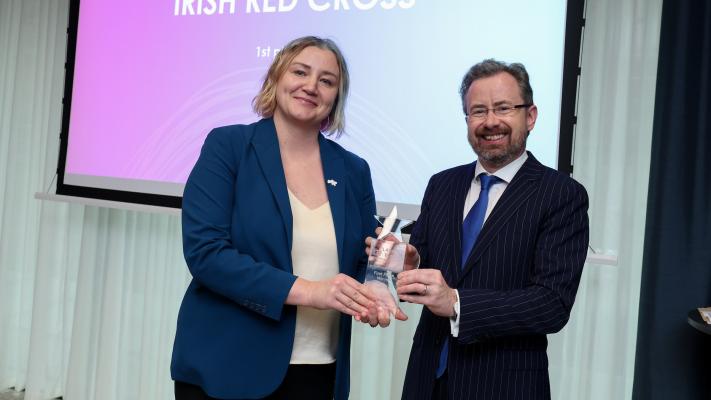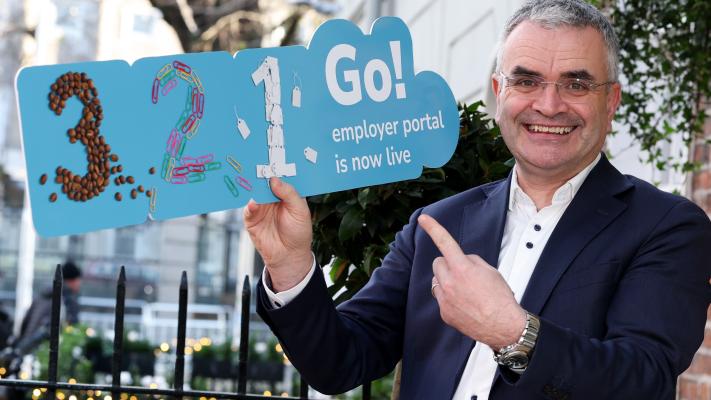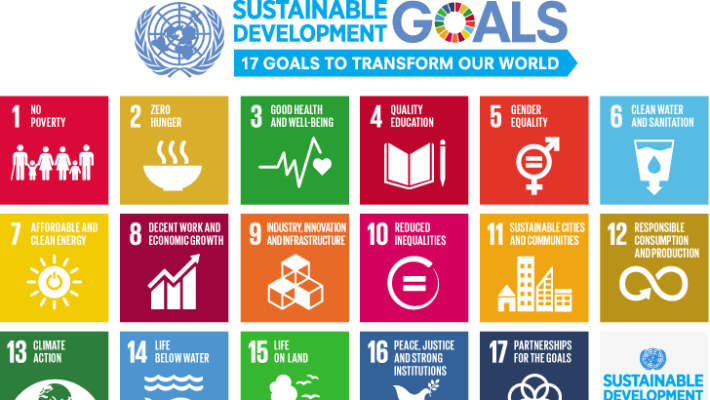The Sector's Lobbying Role
A strong, active, diverse and independent community and voluntary sector forms an essential part of a healthy democracy.
Independent community and voluntary organisations provide an essential ‘public’ space where, in addition to providing services and supports, private citizens can participate in shaping decisions by public officials which affect them. This advocacy role played by community and voluntary organisations is particularly important in underpinning participative democracy.
Yet in the face of this acknowledged advocacy role, statutory service level agreements and grant agreements are increasingly being applied which stipulate that funds cannot be used to support activity designed to “obtain changes in the law or related government policies or to persuade people to adopt a particular view on a question of public policy”. In other words, these clauses have a constraining and limiting effect on an organisation’s ability to perform advocacy work.
Furthermore, our members report that their independence and their ability to engage in campaigning and advocacy work appears to be under threat from a range of events occurring in their external environment. Factors include the fact that with almost 10,000 recognised charities in Ireland and with statutory funding now comprising over 50% of the income of community and voluntary organisations in receipt of public funds are particularly vulnerable at times of public expenditure cutbacks and many are facing challenges in continuing their work. Many are fighting for survival whilst also seeking to protect their independent capacity to advocate to Government.
Additionally, since the establishment of the Charities Regulator, and the application of the Electoral Acts which introduce restrictions on the use of donated funds for doing, what is very loosely defined as “political activity”, there is uncertainty as to what all this means for organisations that advocate. In the background to all of this are a number of well-known cases where community and voluntary organisations have felt that their right to advocate using state funds has been questioned.
What Are We Working On?
Electoral Acts
Some civil society organisations are being impacted by the requirements of the Electoral Acts (operated by the Standards in Public Office Commission) as they relate to prohibiting certain types of campaigning activity by what are deemed “third party” organisations (groups that are considered by the Standards in Public Office Commission to be engaging in political activity) in the context of electoral (or referendum) politics. Understanding the impact of this legislation on freedom-of-expression by civil society voices is an increasingly important focus of The Wheel’s work. Read the background to this complex issue in this opinion piece we published in the Irish Times in December 2017.
The Wheel is also working as a member of the Civil Society Voice campaign (with the Irish Council for Civil Liberties, Transparency International and Frontline Defenders) to ensure a focus is maintained on securing amendments to the Electoral Acts to ensure that civil society organisations are not prevented from advocating to advance their purposes. You can see Transparency International’s paper on reforming the Electoral Acts here.
One important development occurred recently when Amnesty were deemed to have been in breach of the Electoral Acts for receiving a donation from a US based philanthropist, and were ordered to repay the funds, which had already been spent. While Amnesty successfully challenged the decision of the Standards in Public Office Commission, they had to risk their reputation and their ongoing survival by going to the High Court to make their case, and this drastic course of action (which would simply not be possible for smaller charities) indicates the potential threat the Electoral Acts present to civil society voice in Ireland.
Independent and Interdependent Report
The Wheel produced a key piece of research on the question of underpinning the independence of the sector, which identifies many of the issues named in this section. The research is based on a series of interviews with key personnel in the statutory, charity and business sectors and contains many interesting observations about the importance of an independent community, voluntary and charitable sector, and what needs to be done to ensure its survival.
Advocacy Initiative
Subsequently to the Independent and Interdependent report being published, and between 2013 and 2016, a group of civil society organisations, including The Wheel, came together under a project called the Advocacy Initiative. This project explored what might need to be done to ensure that social justice advocacy organisations can make the biggest impact in their advocacy towards a fair and just Ireland. It resulted from a strong desire across the community and voluntary sector to debate the role and future of social justice advocacy in Ireland.
The initiative’s overall objective was to contribute to better social justice outcomes, by reframing the relationship between the state and social justice advocates. It was also interested in exploring the idea that in the then economic and political climate of cutbacks there was a threat to advocacy.
The Advocacy Initiative’s legacy website pulls together resources from across the community and voluntary sector both in Ireland and abroad in the area of social justice advocacy.
The EU's Long-term Budget and Civil Society
In November, The Wheel attended a conference hosted by the European Parliament in Brussels titled Invest in What Matters: What is at stake in the next EU long-term budget – event with key players and
Ireland’s EU Presidency: A Report from our Member Townhall
On 24 September 2025, we held a Townhall event for members of The Wheel to discuss priorities for Ireland’s upcoming presidency of the European Union.
Presidential Election 2025: The Candidates Share their Visions for Civil Society
reland will be heading to the polls on Friday, 24 October, to vote on who will become the 10th president of Ireland. To help you with this important decision, The Wheel has posed the same questions to
A Failure to Invest in Communities Will Fuel Division: Lessons from France
As it becomes clear that Budget 2026 is likely to be a budget of restraint, it is crucial that the government avoid repeating the catastrophic decisions of the recent past.
A Community and Voluntary Sector Voice on the National Skills Council
The Wheel joined the National Skills Council (NSC) as the representative of the Community and Voluntary Pillar in September 2024. This is the first time that the community and voluntary sector has had
Bringing our Members’ Priorities to Government
Our Policy Officer Lily Power & Public Affairs Consultant John Gallagher presented our Pre-Budget 2026 Submission to the Oireachtas Joint Committee for Social Protection Rural & Community Development


